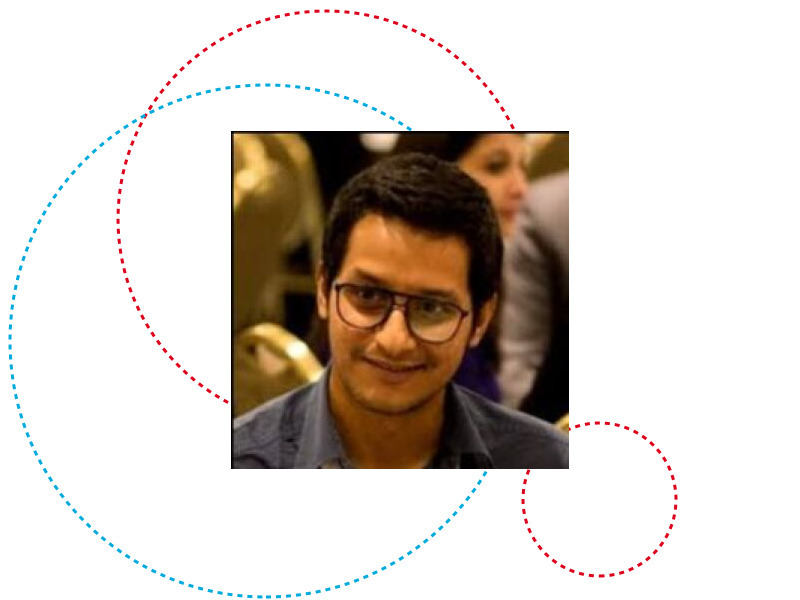Space system design is a multidisciplinary science which requires synthesis of constituent subsystems as per the requirements and constraints of the project. The conceptual design phase is the first step in the process and also the most significant step in the design process. It is the gestation phase where mission requirements are transformed in the first blueprint of a physical system concept. The significance of this phase can be deduced from the fact that the decisions taken at this stage account for 80 per cent of the total project life cycle cost.
Specialized mathematical frameworks are required to implement the conceptual design phase. These frameworks are synthesis systems which ideally should derive a system concept through a physics-based parametrically converged solution, providing proof of technical feasibility of the system. Ideally, a correctly performed conceptual design analysis must provide the decision-maker with multiple feasible concepts in the form of a solution space topography – a solution map of all possible concepts. In this regard, the conceptual design phase represents a crucial stage in system development where technology as subsystem element is the building block of the system.
In this talk, the author covers systems engineering and design synthesis applications which are crucial for the development of the future generation of space systems. The talk covers an overview of existing aerospace synthesis methods and introduces a novel generic design process along with a case-study of the Vertical Takeoff Horizontal Launch (VTHL) vehicles. In addition to the conceptual design application, the talk also demonstrates the application of this top-level systems synthesis approach in various other open-ended problems of technology assessment, strategic forecasting, and space architecture planning.
Dr. Loveneesh Rana is a Ph.D. in the aerospace system design domain from the University of Texas at Arlington (UTA). He has over 7 years of experience in an advanced academic research facility, the Aerospace Vehicle Design (AVD) Lab, where he worked on developing state-of-the-art design synthesis solutions. He has innovated with a prototype design process in his Ph.D. research, which was applied for designing future generations of space access systems. He has also worked on technology evaluation and strategic forecasting projects for the industry (Airbus Helicopters) and advanced research environments (AFRL office of the US Air Force).
His primary area of expertise lies in innovation with systems-level synthesis solutions for the ideation of future generation of space systems. In addition to the design application, he is pursuing augmentation of AI techniques (information extraction and machine learning) with a synthesis solution framework, to develop a best-practice decision support system for the decision-makers of tomorrow. He is currently consulting and supporting a Belgium-based startup in developing a single stage to orbit rocket vehicle.
